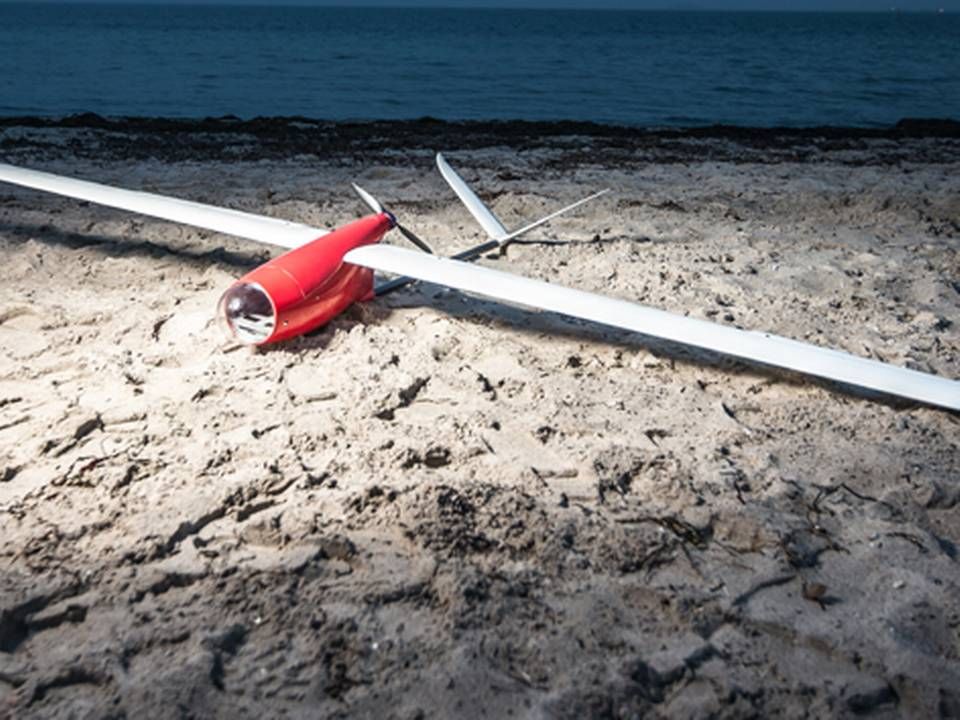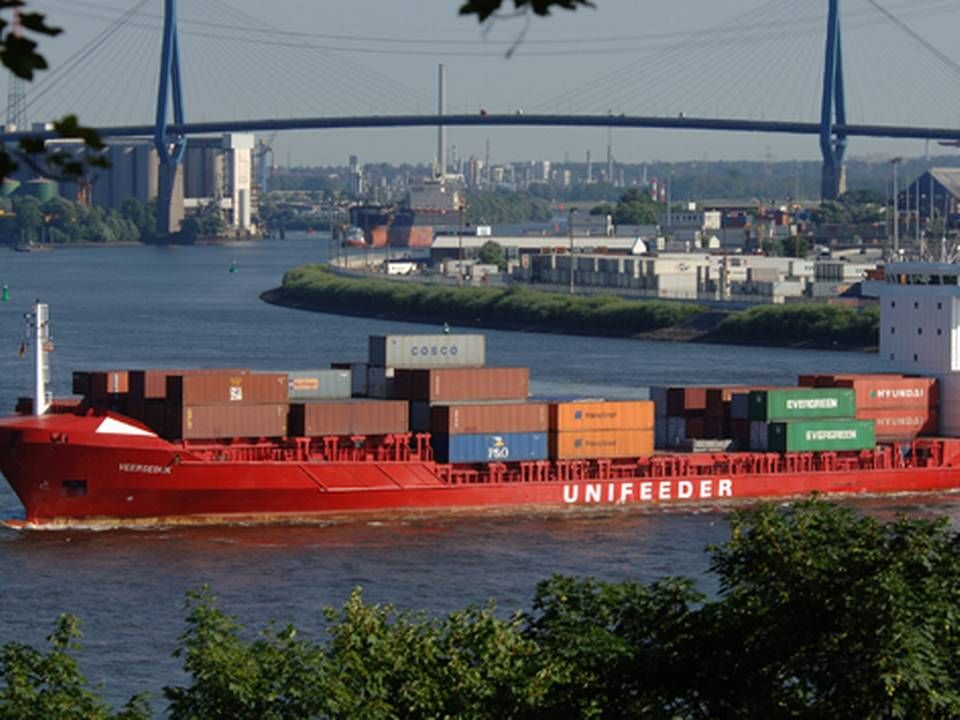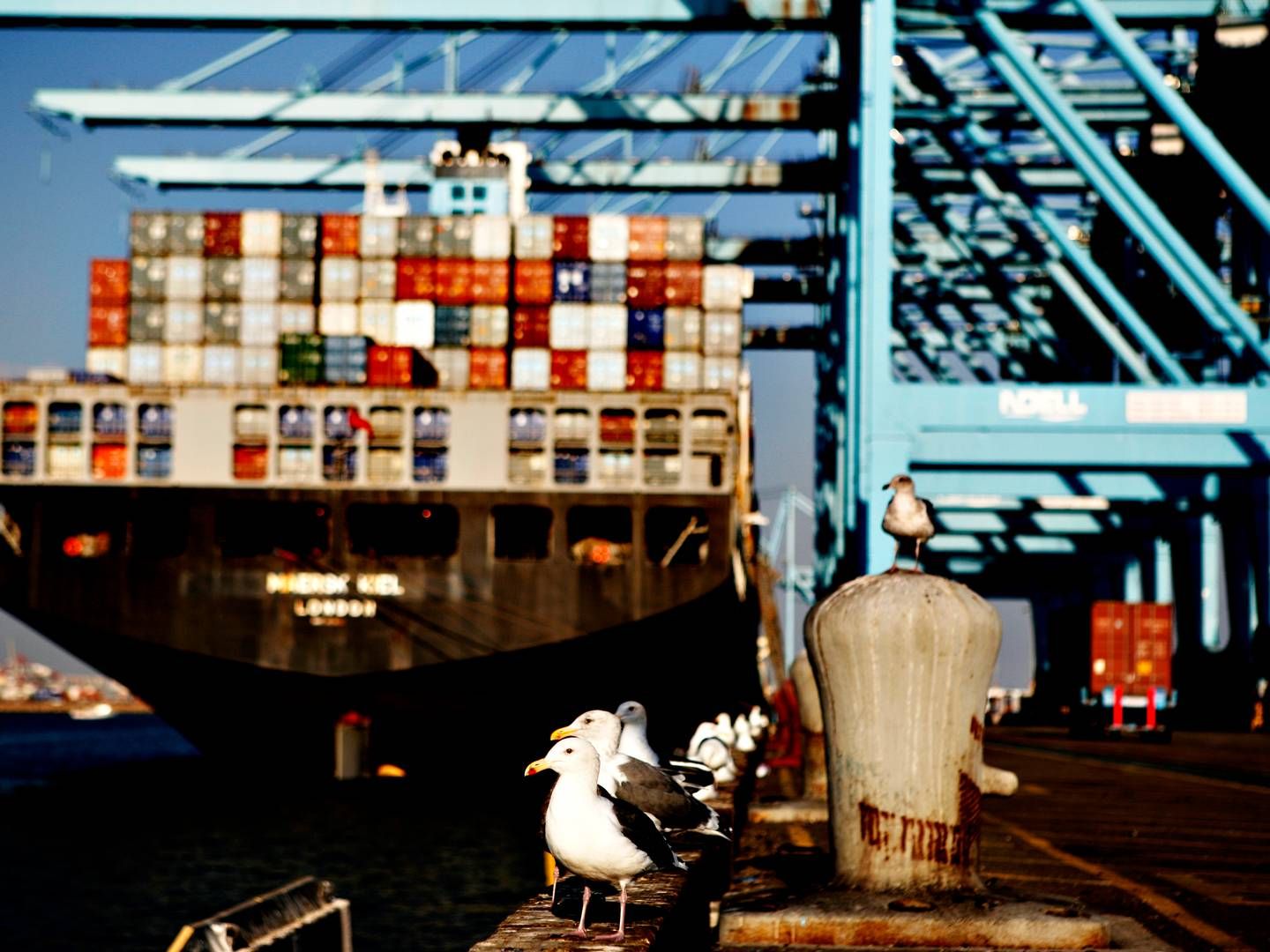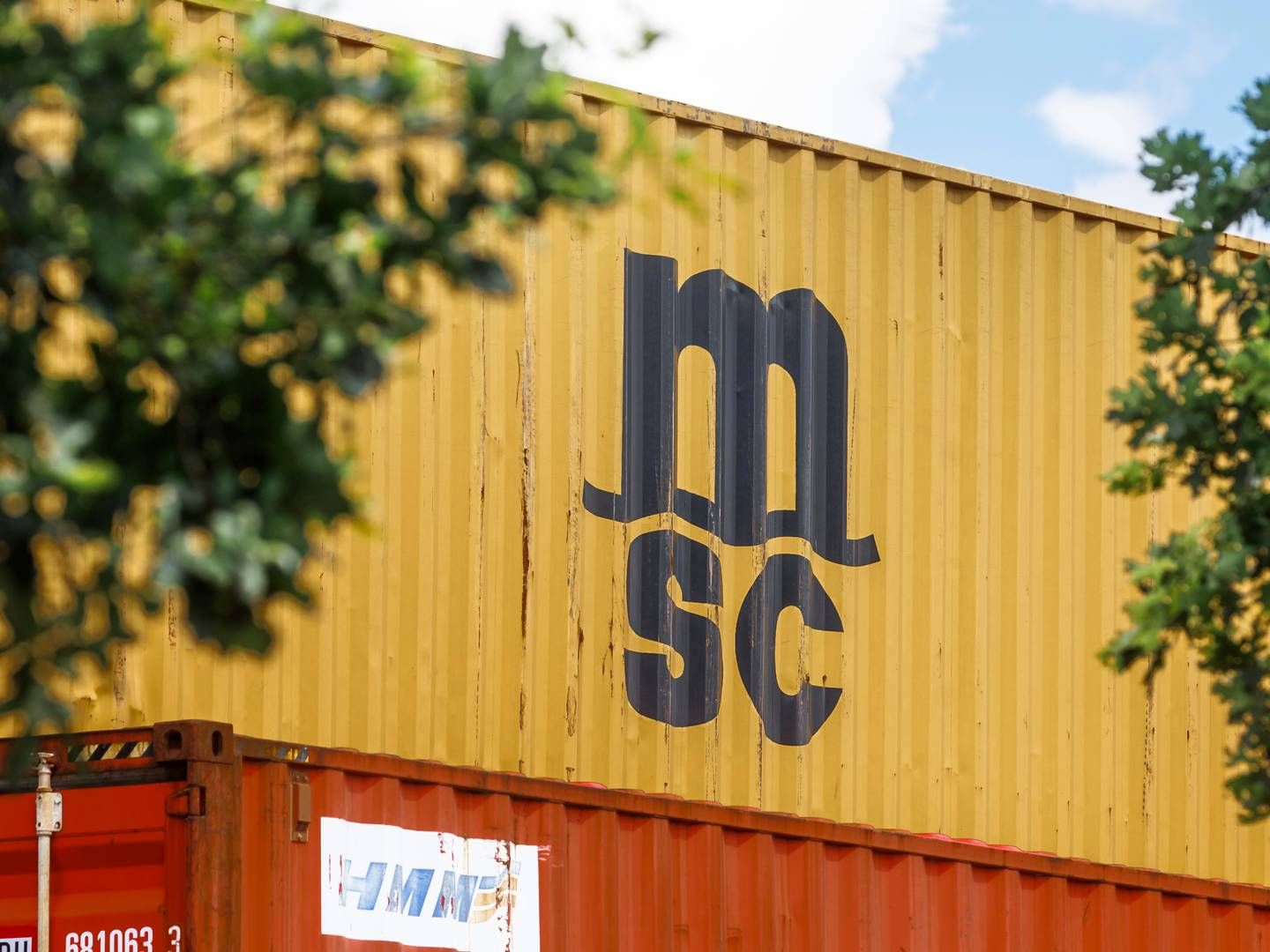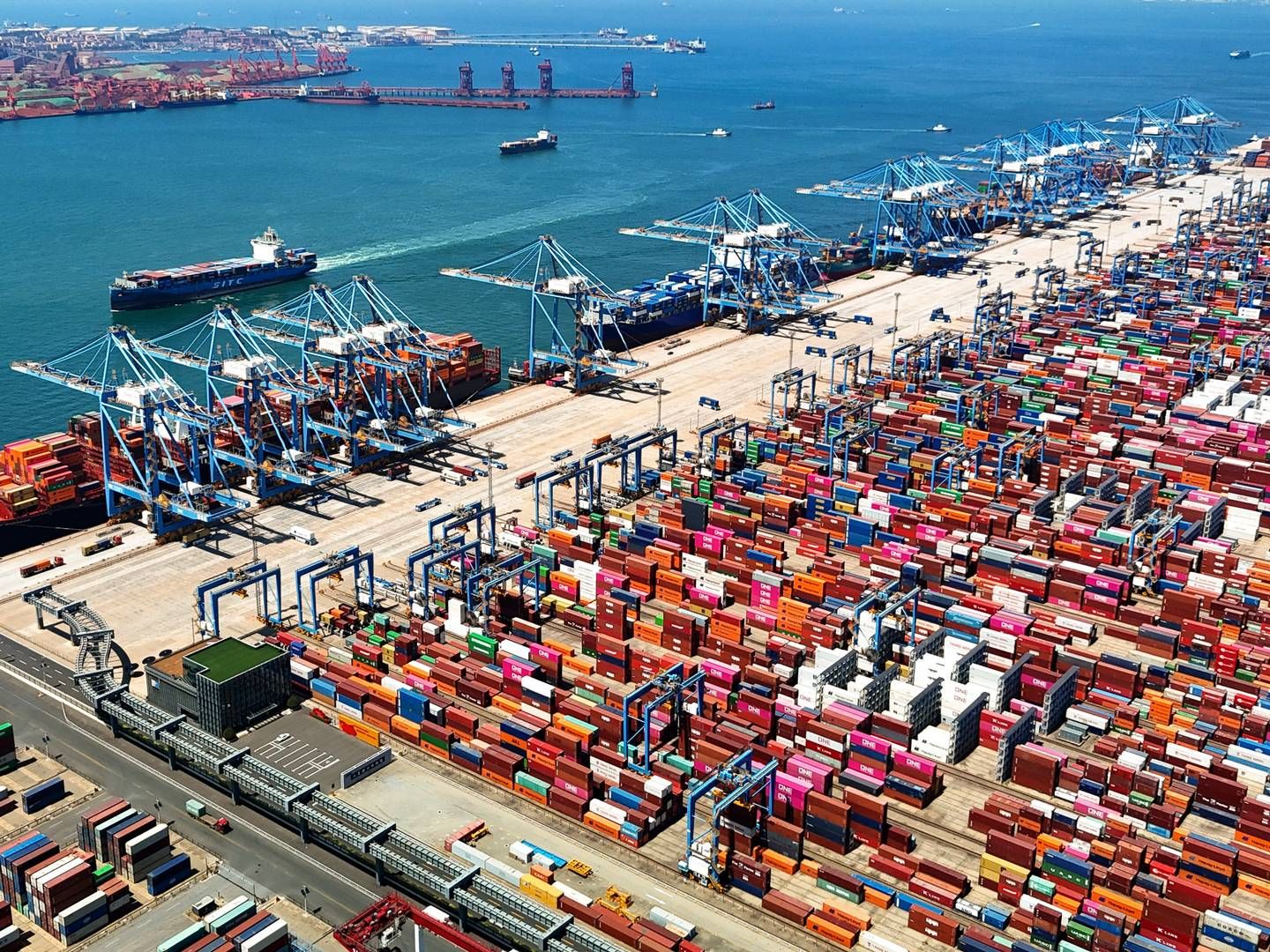Danske Bank: Sulfur violations could impact loans
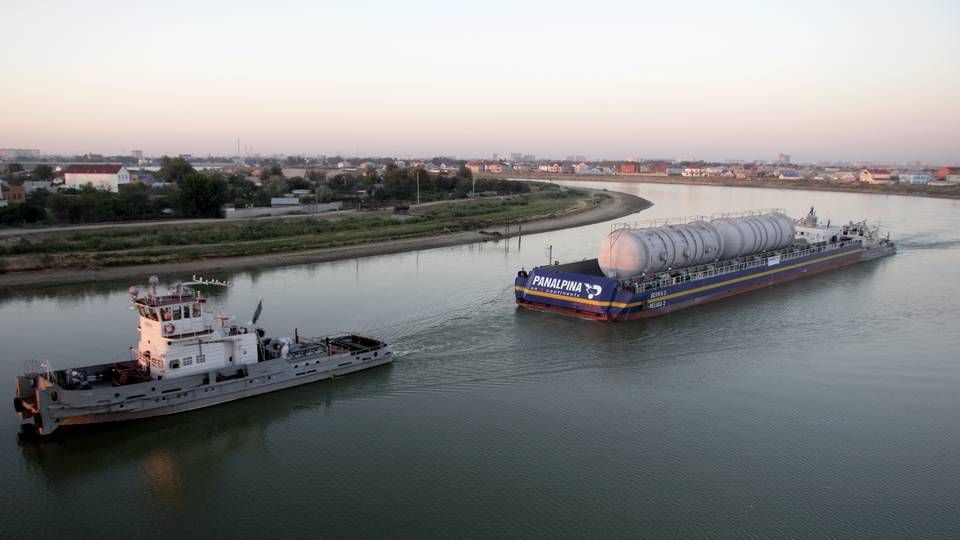
Significant sums of money can be saved if a carrier chooses to ignore the new sulfur emission requirements, set to come into force in less than six months.
But there could also be serious consequences if the carrier is caught. Not only will the ship be detained by authorities, the carrier will also be be thoroughly punished by the lenders, Øivind Haraldsen (photo), Global Head of Shipping, tells ShippingWatch.
"In our lending agreements we always have requirements stating that all rules, environmental regulations and laws must be respected. Se we'll always have the option of canceling a loan of they break the rules," he says, stressing that the bank trusts the carriers to always honor this agreement.
But:
"We will take severe action if someone fails to comply with this. This constitutes a violation of a lending agreement, and this could ultimately mean that a loan is canceled."
In relation to the new sulfur emission requirements, set to come into force in North Europe from January 2015, several players in the industry have criticized the fact that authorities in numerous countries are nowhere near ready with a dense network aimed at enforcing the regulations and catching potential violators.
Photo: Danske Bank
The big fear is that some carriers will try to dodge the rules by opting not to switch to the more expensive MGO fuel with a lower sulfur content when sailing in the Emission Control Areas (ECA) - a maneuver that cold save a carrier millions, observers say. With the major bank loans to shipping, one could suspect that the banks would have a significant interest in pressing for proper enforcement of the rules, as the banks could theoretically risk that a customer is unable to pay back their loans if they are caught cheating.
ICS: Sulphur regulations need much stronger port controls
Will not police the customers
But Danske Bank does not see it as the bank's job to act as "policeman," says Øivind Haraldsen. It is up to the customers to comply with the rules, he says:
"This is not a job for the banks. We handle the financing, and then it's up to our customers to comply with the rules. This is a matter for the port state controllers. If we have customers who violate this, we won't be positive in terms of financing them going forward. And there will also be major consequences for the customers if they break the rules. It would mean being detained in the ports, losing profits, so we're hopeful in terms of our customers complying with the rules," he says.
He understands the industry's concerns, and agrees that there could be a risk that some carriers will violate the requirements.
Sulphur alliance between leading carriers now a reality
"But we believe there's only a fairly small group of carriers who are going to cheat. We're dealing with reputable companies, and they're not going to risk it for this. And there's also the fact that, if the carrier in question is not a major player, then it'll often be a major ship management company operating the ship, and this company will also take care not to break the rules. It's big risk for the companies to take, I think. But of course the risk is there, though as a bank this is not our biggest problem."
How the authorities plan to enforce the requirements remains an open question.
Support for drones in fight against sulphur fraud
EU countries agree to better sulphur control
Analysis documents when scrubbers pay off
Related articles
Support for drones in fight against sulphur fraud
For subscribers
EU countries agree to better sulphur control
For subscribers
Analysis documents when scrubbers pay off
For subscribers

